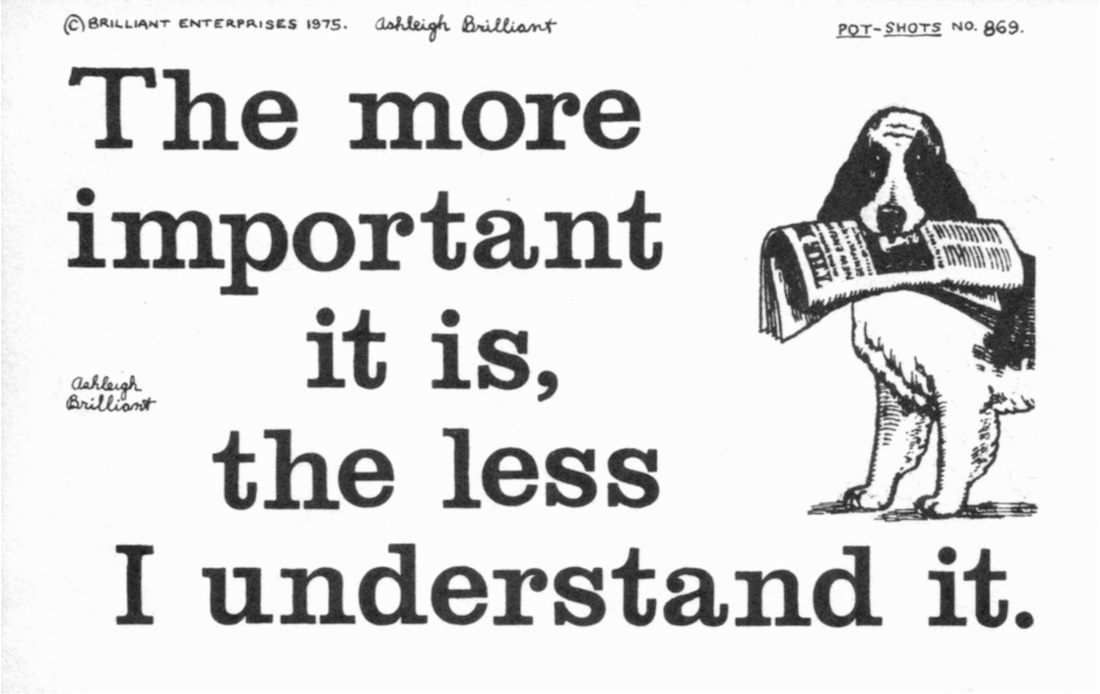The Ignorance Industry

In the mental economics of our species, there is a slow but steady demand for Information – but the market for Ignorance has become increasingly busy. The plain fact is that most people do not want the Truth. Why? Because it’s too inaccessible, too incomprehensible, and too likely to be unpleasant.
Of course, you and I are not “most people.” We want to know what it’s all about. But we are perfectly willing to benefit from the ignorance of others. One of the brief, but memorable, jobs I have had in my checkered career was that of a door-to-door encyclopedia salesman. I was then still in my early 20s, but what I most remember from that experience was that the hardest part was “setting the stage,” which meant getting the people to let you into the house, and then having the “decision makers” – probably husband and wife – sitting on the sofa, while you, standing in front of them, did your spiel. This consisted mostly of a very carefully prepared and rehearsed presentation which you had been trained to deliver. Did it include showing any part of the actual encyclopedia? Absolutely not. You couldn’t carry even one sample from that multi-volume set of books. That would, in any case, hardly be an impressive selling tool. (I need hardly tell you that this was long before the advent of computers, which have given everybody instant access to all the world’s knowledge, thus replacing hard-copy encyclopedias and the people who made their living selling them.) I remember being told repeatedly by an old hand who was training newcomers like me, “If you try to sell books, you’ll starve.” Oh no! We were not selling books. We were selling dreams – dreams of a better life for these “prospects” and their children.
We were also selling feelings of importance, making the prospect feel they were getting special treatment. In fact, we were never to admit that we were salesmen at all. In the time-tested “pitch,” which we were supposed to memorize, we were just doing some “advance promotional work” for the salesman who would be coming later on. Every word of the pitch had been planned to put the prospects off their guard, to exploit emotions and attack psychological weakness. But I felt that the most fiendishly clever part concerned the price and payment scheme. What you were to offer first was a 10-year plan, with what looked like a very small amount to pay per year. This was in fact entirely mythical. It did not exist – but you would suddenly switch to a two-year plan, with a large hypothetical “discount.” That however would not be in cash, but in the form of a book-case, with a dictionary and an atlas. This whole “discount” idea was a fraud.
But by this time, as I observed when accompanying regular salesmen, the atmosphere in the room would have become very heavy, as if a hypnotic spell had been cast.
For better or worse, I myself wasn’t very good at this sort of thing, and I never made a sale. But I had great admiration for whoever concocted the whole plan, and also for those who made good money at selling. And, after all, we were selling a very fine product, the Encyclopedia Britannica, which was an asset to any home – if anybody ever used it.
But all this is only one way people’s lack of knowledge can be exploited. Another is in the field of what we call “propaganda.” Here, unlike legitimate advertisers, the perpetrators use words (and other media) as weapons of war, to strengthen our side and weaken theirs. A classic example has been leaflets circulated among enemy troops, with what look like official “surrender certificates,” guaranteeing safety and good treatment to the surrendering soldier.
(But the propagandists have to know the enemy’s language and culture pretty well. In World War II, when fighting Japan, whose troops often fought to the last man, it was found that this device wasn’t working. When language experts were consulted, they saw that “I surrender,” when translated into Japanese, was considered very dishonorable. They recommended that it be changed to say, “I cease resistance” – and, sure enough, this had much better results.)
Closer to home, Alaskan salmon is both white and pink. However, the purveyors of some white canned salmon had scanty sales, because ignorant customers expected pink. But the problem was solved, with the slogan, “Guaranteed not to turn pink in the can.”







